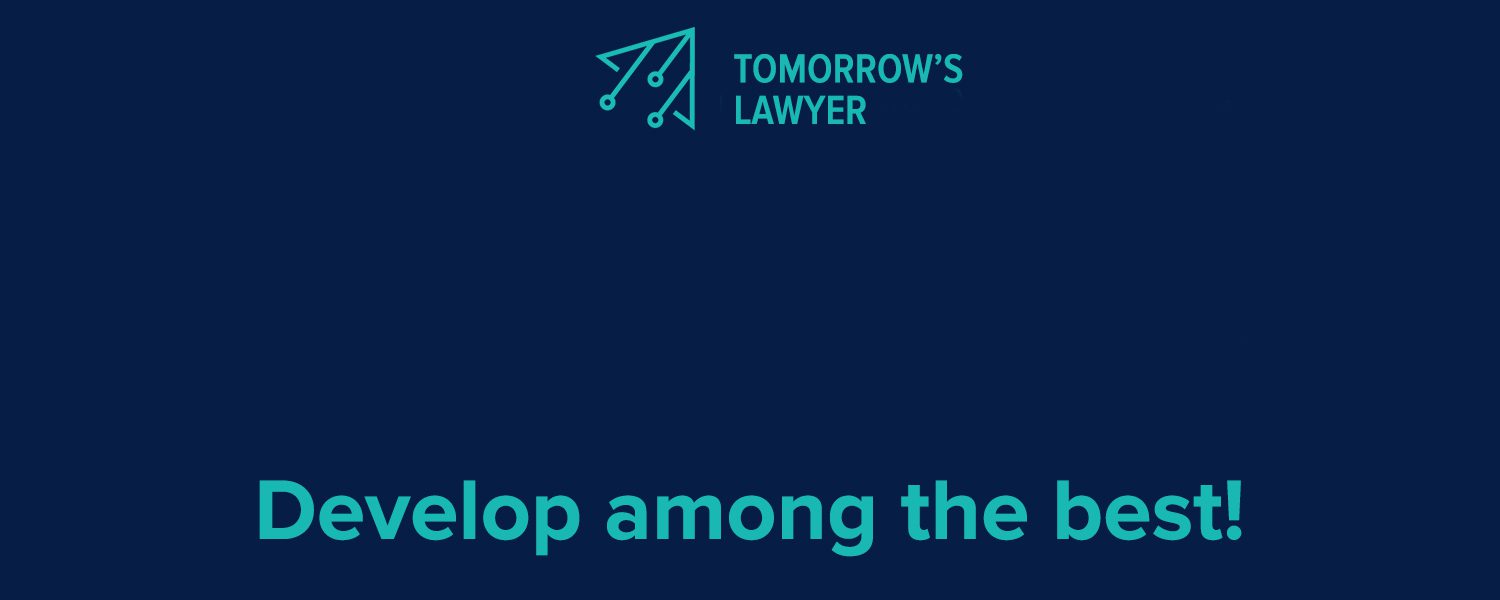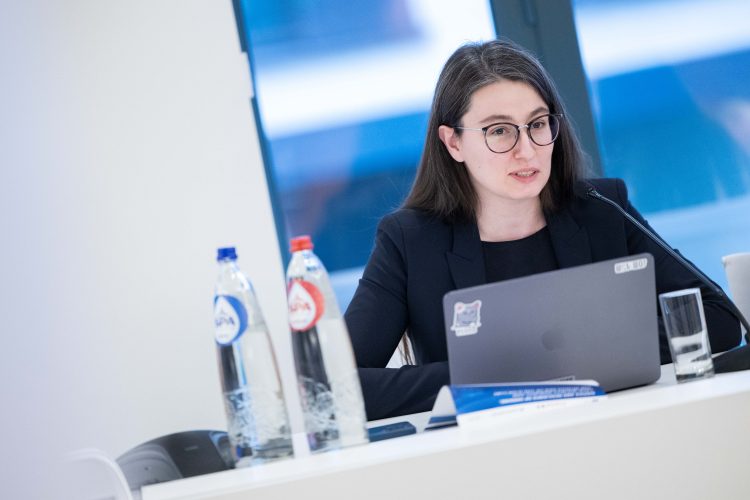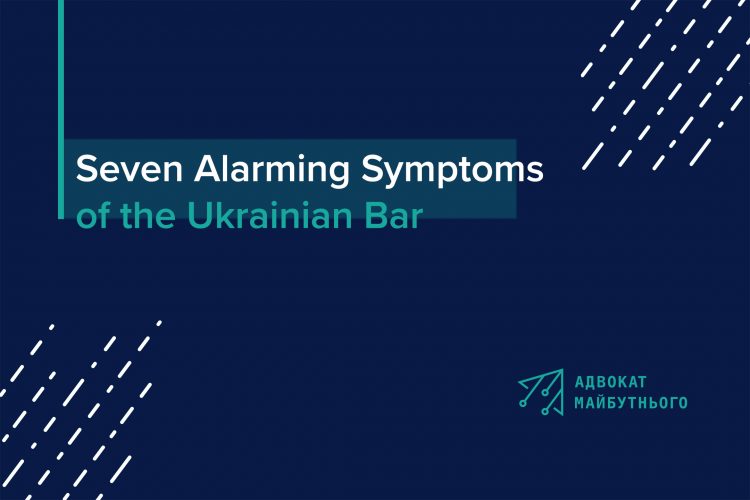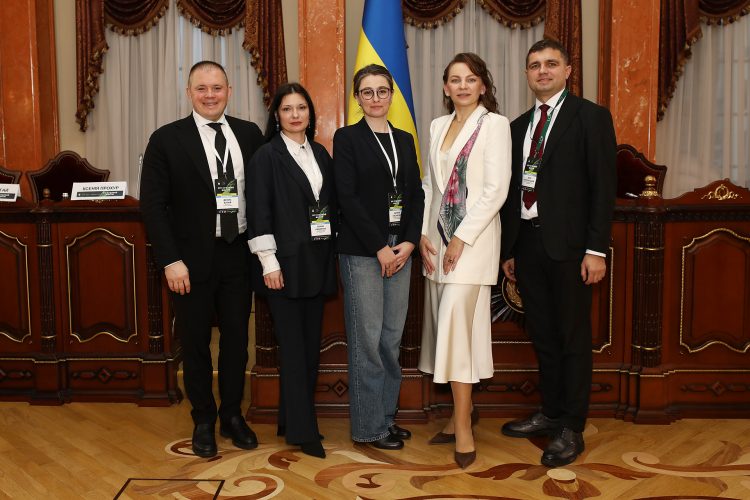


“There Should Be “Red Lines” In Behavior Of All Participants In The Process”
In early April 2017, the High Qualifications Commission of Judges of Ukraine (the “HQCJ”) announced the selection of judges of local courts, including those who have no experience as an assistant judge. Out of 4128 candidates, 700 passed the selection stage, while 370 of them had no experience as an assistant judge.
Subsequently, they passed a test of moral and psychological qualities in the form of questioning and an interview with a psychologist and a special check, also studied for nine months at the National School of Judges of Ukraine (the “NSJU”), and passed a qualifying exam in the form of written anonymous testing of knowledge of current legislation and anonymous practical task of writing a court decision in the relevant specialization of the local court (general, administrative or commercial).
Prior to the termination of office in November last year, the HQCJ did not form a final ranking of these candidates, as their practical tasks had not been checked. Today, “non-assistant judges” candidates are appealing to all authorities involved in the formation of the new commission to complete the three-year effort to appoint them as judges.
“Tomorrow’s Lawyer” talked to the graduates of the Program, who participate in this selection – Yulia Baiduzh and Iryna Podkopaeva about the course of the competition procedure, personal motivation and ethics.
The full text of the interview is published on the Program web-site and available in Ukrainian.
***
The opinions expressed in this article are the authors’ own and do not reflect the position of the “Tomorrow’s Lawyer” NGO, the Ukrainian Bar Association, the Bar Association of Legal Aid Providers, and the United States Embassy in Ukraine.
“Tomorrow’s Lawyer” Program is a powerful network of lawyers uniting opinion leaders in the legal profession, who provide legal assistance in accordance with the highest ethical standards, act as agents of change in society and leaders in the professional community.
The “Tomorrow’s Lawyer” Program was launched in 2016 and first implemented within the “Quality and Accessible Legal Aid” Project, carried out by the Canadian Bureau for International Education with the support of the Government of Canada in cooperation with the Legal Aid Coordination Centre. It is currently being implemented and developed with the support of the US Embassy’s INL Section in Ukraine, the “Tomorrow’s Lawyer” NGO, in partnership with the Ukrainian Bar Association and the Bar Association of Legal Aid Providers.


